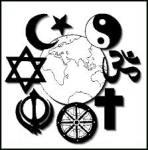 Many different religions have been practiced throughout history and around the world – with endlessly different and conflicting stories. Can anyone be sure their faith is true, and all others are not?
Many different religions have been practiced throughout history and around the world – with endlessly different and conflicting stories. Can anyone be sure their faith is true, and all others are not?
You must ask yourself, “How does one know?” And with God, it’s impossible; a God as generally defined is quintessentially unknowable. We can know things about the natural realm, but not anything outside it; and if God created it, he would stand outside it, and thus outside the reach of human knowledge. No mortal could have special, privileged access to such information; all theologies are built upon nothing but imagination.
But actually, if there were a true religion, we would all know it. Because the world would be different. A fundamental truth about the very essence of things ought to be self-evident. God would not play hide-and-seek.
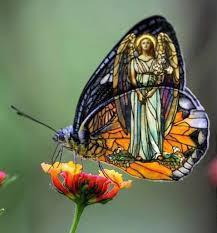
What would a world with a God actually be like? For one thing, there’s the matter of evil and suffering.
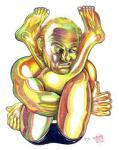
Yet still believers assume God must be good. Why so? And what would “goodness” mean to God anyway? Why should it mean what we think? An omnipotent God could make evil good. And if we supposedly get morality from God, where did he get it from?
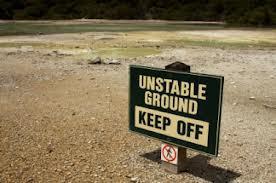
All the holy books were written by humans.

In sum, the world we see is totally inconsistent with the idea of a God, and totally consistent with nongoddity. Everything is natural, explicable in terms of nature itself, requiring nothing “supernatural” outside it. One by one, science has been solving the mysteries, and the answers never include God. We shouldn’t expect a different outcome regarding those questions yet to be answered.
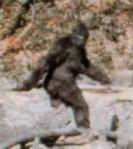
Bigfoot — at least there’s a photo
Can I prove there’s no God? Well, nor can I prove there’s no Bigfoot. But the burden of proof is upon proponents of improbable theories. Extraordinary claims require extraordinary evidence. And God is more improbable than Bigfoot.
So why do people who refuse to be convinced by conclusive scientific evidence for evolution accept religious doctrines with no evidence at all?
Because they want to. Human psychology seems highly susceptible to such beliefs; we crave them, and suspend our skeptical faculties. Faith is a belief divorced from facts or rationality; a choice to believe regardless. One can come up with rationalizations, but that’s just trying to justify a belief that’s already been chosen.
Atheism, in contrast, is not merely another “faith” or belief; my atheism is not a choice, it’s simply acknowledging reality. But it’s not a “belief in nothing” and it isn’t bleak. I’m fine with this reality, which gives us the opportunity to live rewarding lives.
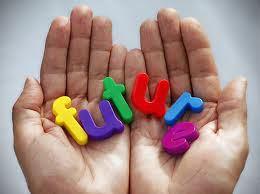
Indeed, this is modernity’s big story: the cynics and pessimists are wrong. Life is improving, with democratic and humanitarian revolutions, rising quality of life, and declines in violence and suffering.* This progress has occurred not in spite of religion’s weakening, but because of that. People freed of religion are better, not worse. Humanity is being liberated from the hindrance of religion’s stultifying fatalism and false beliefs, with our confidence now lodged instead in our own selves, and our ability to understand reality and thereby to change it.

* See again my review of Steven Pinker’s book, The Better Angels of Our Nature: Why Violence has Declined.
